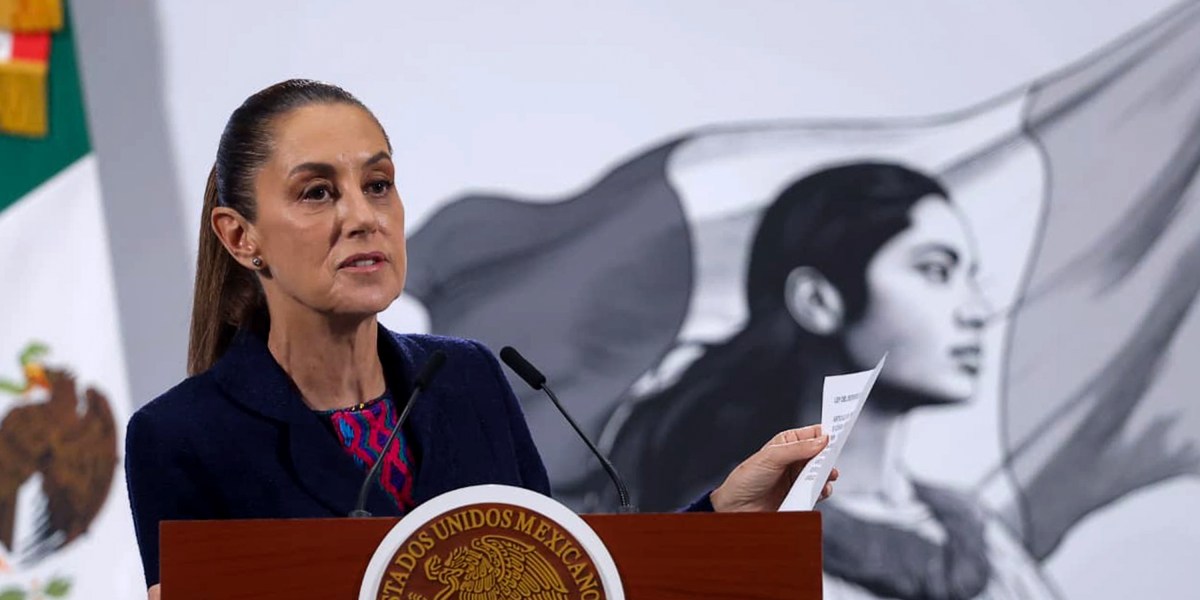
"The Spanish called her Marina, pre-Hispanic peoples knew her as Malintzin and later she was renamed Malinche. Her work as translator and interpreter for Spanish conquistador Hernán Cortés made her a protagonist in a violent colonial period whose effects still reverberate through Latin America. Her story, told only by others, generated myths and legends. Was she a traitor to her people? The conquistador's lover? A slave using her language skills to survive? Or someone with agency who influenced Cortés and shaped major events?"
"Historians don't know the name she was given at birth around 1500. She learned Nahuatl and the now near-disappeared Oluteco, growing up south of the Gulf of Mexico. The Aztecs sold her as a slave to a Mayan people who later gave her and other women to the Spanish after being defeated in battle. By then, she could speak two more Mayan languages. The Spanish baptized the women, providing religious cover for them to be raped."
Malintzin, also called Marina and later Malinche, acted as translator and interpreter for Spanish conquistador Hernán Cortés during the violent colonial period that reshaped Latin America. She learned Nahuatl and Oluteco growing up south of the Gulf of Mexico and later spoke two Mayan languages after being sold by the Aztecs to a Mayan people who then handed her to the Spanish. The Spanish baptized the women, providing religious cover for their rape. Historians describe her as a victim who learned Spanish and preserved her life by choosing to translate. Contemporary debate about her role remains active, and Mexican leaders are organizing cultural events to reclaim her pre-Hispanic name, Malintzin.
Read at Fortune
Unable to calculate read time
Collection
[
|
...
]